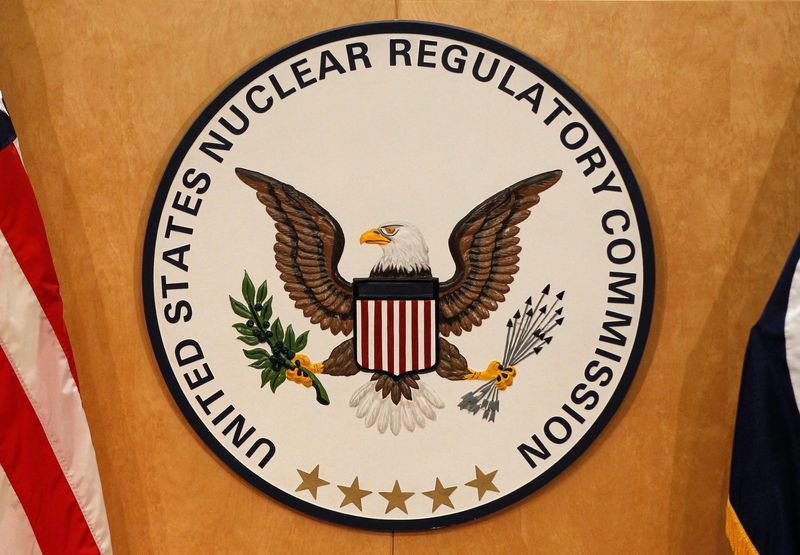By Nate Raymond
(Reuters) -The U.S. Supreme Court on Friday decided to decide whether the Nuclear Regulatory Commission has the authority to license nuclear waste storage facilities, following a court ruling that upended decades of practice by declaring that it does not is.
The justices addressed appeals from President Joe Biden’s administration and a company that received a permit from the NRC to build a waste storage facility in west Texas following the lower court’s ruling. The permit was challenged by the states of Texas and New Mexico, as well as oil industry interests.
The Supreme Court will hear arguments in the case during its new term, which begins Monday, with a decision expected by the end of June.
The Supreme Court, which has a 6-3 conservative majority, has shown skepticism about the authority of federal regulators in several major rulings in recent years.
The NRC, the federal agency charged with regulating nuclear energy in the United States, issued the permit in 2021 to Interim Storage Partners, a joint venture of France-based Orano and Dallas-based Waste Control Specialists.
While two other federal appeals courts rejected legal challenges to the permit, the New Orleans-based 5th U.S. Circuit Court of Appeals ruled in favor of the plaintiffs and decided that the NRC was required to do so under a federal law, the Atomic Energy Act of 1954, lacked the authority to issue the license at all.
The government has said the ruling would disrupt the nuclear power sector.
Since 1980, the NRC has issued permits such as the one at issue in this case for the temporary storage of spent fuel produced by nuclear reactors, recognizing that the nuclear power industry would need more space for off-site storage of the radioactive waste.
It did this by virtue of its authority under the Atomic Energy Act to issue licenses for the possession of nuclear material. Such sites are still licensed, and a proposal to permanently store the nation’s radioactive waste on Yucca Mountain north of Las Vegas has stalled after decades of opposition in Nevada.
In the 5th Circuit’s ruling against the permit, Judge James Ho, an appointee of Republican former President Donald Trump, cited another law, the Nuclear Waste Policy Act, which was amended in 1987 to designate Yucca as the only permanent storage site for such radioactive materials. waste.
Interim Storage Partners planned to operate its nuclear storage facility in Andrews County, Texas. The plan was opposed by oil and gas-related organizations because the facility would be operated in the Permian Basin, the nation’s highest-producing oil field.
Texas and New Mexico were joined in the lawsuit against the license by Fasken Land and Minerals, a Texas-based oil and gas exploration company, and a nonprofit called the Permian Basin Coalition Of Land And Royalty Owners And Operators.
The plaintiffs argued that allowing construction of the proposed facility would pose environmental risks to watersheds covering nearly all of New Mexico and Texas, and that a radiation leak could be economically disastrous for the oil and gas business.

“For years, the Nuclear Regulatory Commission and two private companies have tried to force Texas and New Mexico to accept stored radioactive waste,” Monica Perales, an attorney for Fasken Oil & Ranch, said Friday.
The commission “lacks the authority to issue permits for consolidated interim storage of spent fuel in a region hundreds or even thousands of kilometers away from the reactors that produced the waste,” Perales added.


